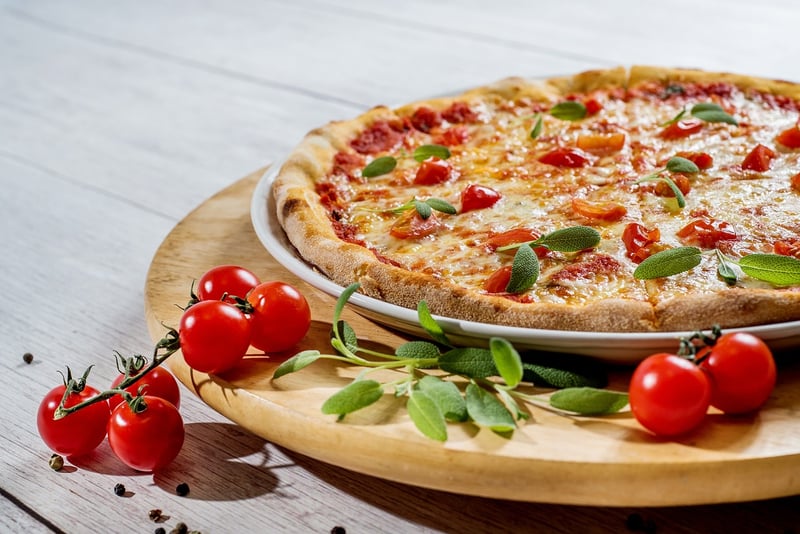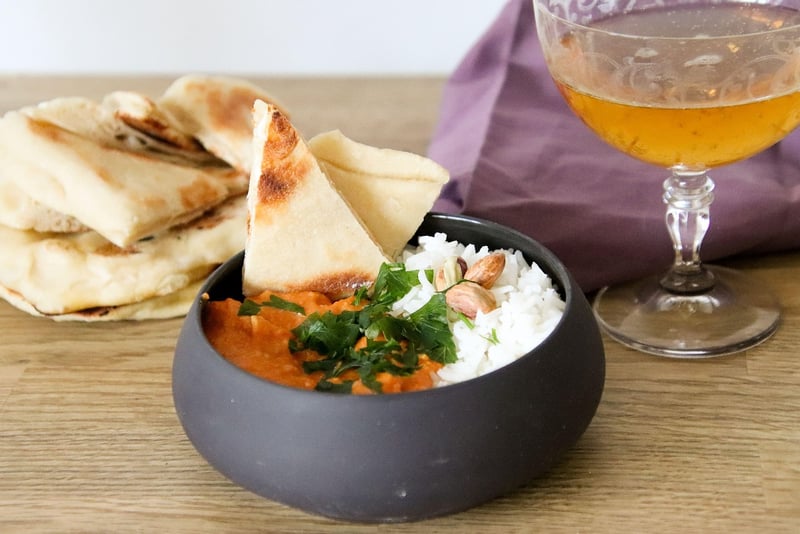Contemporary Adaptations
The Influence of Heritage on Cuisine and Contemporary Adaptations
Food is an integral part of cultural identity, and the heritage of a region plays a significant role in shaping its culinary traditions. Throughout history, various factors such as geography, climate, trade routes, and cultural exchanges have influenced the ingredients, cooking techniques, and flavors of a particular cuisine.
Heritage and Traditional Cuisine
Heritage can be seen as a thread that weaves through a region's traditional cuisine, preserving ancestral recipes and culinary practices. For example, in Italy, the influence of ancient Roman, Greek, and Arab civilizations can be observed in dishes like pasta, pizza, and gelato.
Similarly, the rich tapestry of spices in Indian cuisine reflects the country's history of trade with various cultures, including the Portuguese, British, and Mughals. Each invasion and migration left a mark on the culinary landscape, resulting in a diverse and flavorful cuisine.
Contemporary Adaptations
While traditional dishes form the backbone of a region's culinary heritage, contemporary adaptations play a crucial role in keeping the cuisine relevant and dynamic. Chefs and home cooks often experiment with new ingredients, fusion techniques, and presentation styles to create innovative dishes that honor the past while embracing the present.
One example of a contemporary adaptation is the rise of fusion cuisine, where chefs blend elements from different culinary traditions to create unique and exciting flavor combinations. This trend can be seen in dishes like sushi burritos, kimchi tacos, and curry pizzas, which appeal to a modern, global palate.
Preserving Culinary Heritage
As the world becomes more interconnected, there is a growing awareness of the importance of preserving culinary heritage. Governments, organizations, and individuals are taking steps to document traditional recipes, protect indigenous ingredients, and promote sustainable farming practices to ensure that future generations can continue to enjoy authentic and diverse cuisines.
Conclusion
The impact of heritage on cuisine is profound, shaping the way we cook, eat, and celebrate our cultural identities. By understanding the historical roots of traditional dishes and embracing contemporary adaptations, we can appreciate the richness and diversity of culinary heritage around the world.
Let's continue to savor the flavors of the past while exploring new culinary horizons, keeping our heritage alive and evolving for generations to come.


